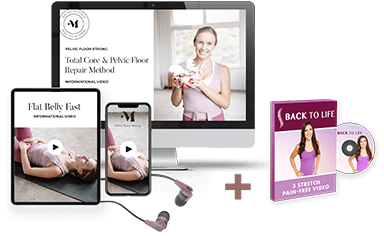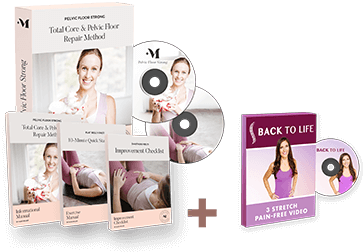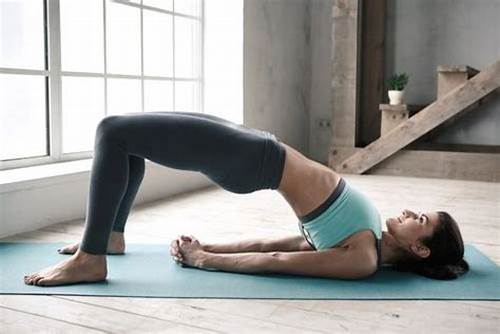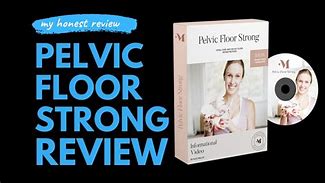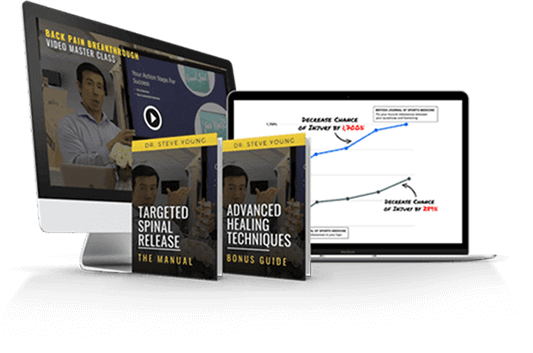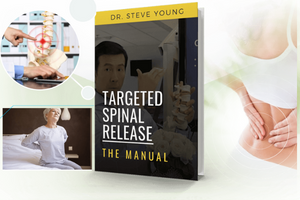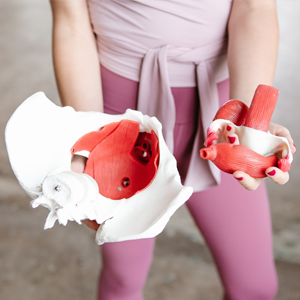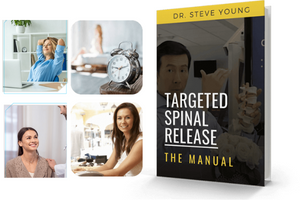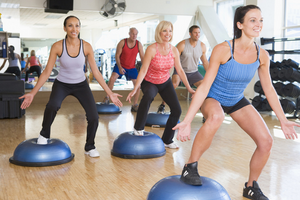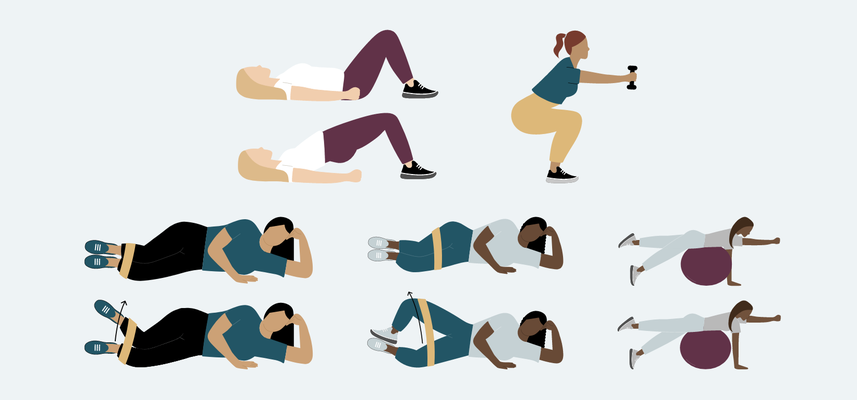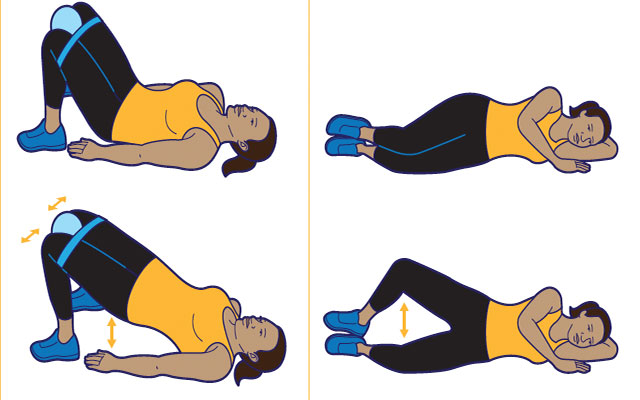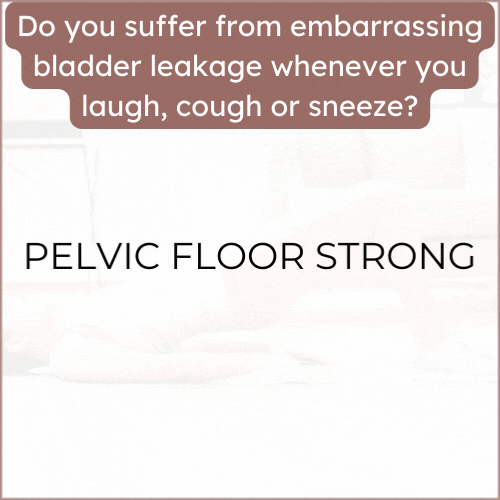Why Women Over 35 Need A Strong Pelvic Floor? Some Exercises You Can Do At Home
Why Women Over 35 Need A Strong Pelvic Floor?
As women age, especially after the age of 35, maintaining a strong pelvic floor becomes increasingly important for several reasons:
- Hormonal Changes: Hormonal shifts during perimenopause and menopause can lead to a reduction in collagen and muscle tone in the pelvic floor. This can result in weakened pelvic muscles.
- Childbirth and Pregnancy: If a woman has had children, especially multiple pregnancies, it can strain the pelvic floor muscles. The effects of childbirth can become more pronounced as women age.
- Urinary Incontinence: Weakened pelvic floor muscles can contribute to urinary incontinence, a common issue among older women. A strong pelvic floor can help prevent or alleviate this problem.
- Sexual Health: A strong pelvic floor can improve sexual satisfaction and function by enhancing vaginal tone and increasing sensation during intercourse.
- Pelvic Organ Support: A robust pelvic floor provides vital support to pelvic organs like the bladder, uterus, and rectum. A weakened pelvic floor can lead to pelvic organ prolapse.
Exercises You Can Do At Home
To maintain or strengthen the pelvic floor, women over 35 can engage in pelvic floor exercises, often referred to as Kegel exercises. Here are some exercises you can do at home:
- Kegel Exercises: These involve contracting and relaxing the pelvic floor muscles. You can perform them while sitting or lying down. Mayo Clinic offers a step-by-step guide on how to do Kegel exercises correctly.
- Pelvic Floor Exercises: Beyond Kegels, there are other pelvic floor exercises that target different muscle groups. Women's Health magazine suggests various exercises to strengthen the pelvic floor and alleviate back pain.
- Yoga and Pilates: These practices can help improve pelvic floor strength and flexibility. They also offer overall core strength and balance, which is beneficial for women over 35.
- Physical Therapy: In some cases, it may be helpful to consult a physical therapist who specializes in pelvic floor health. They can provide personalized exercises and guidance.
- Breathing Exercises: Breathing techniques can complement pelvic floor exercises by coordinating the breath with muscle engagement. This is important for optimal pelvic floor function.





